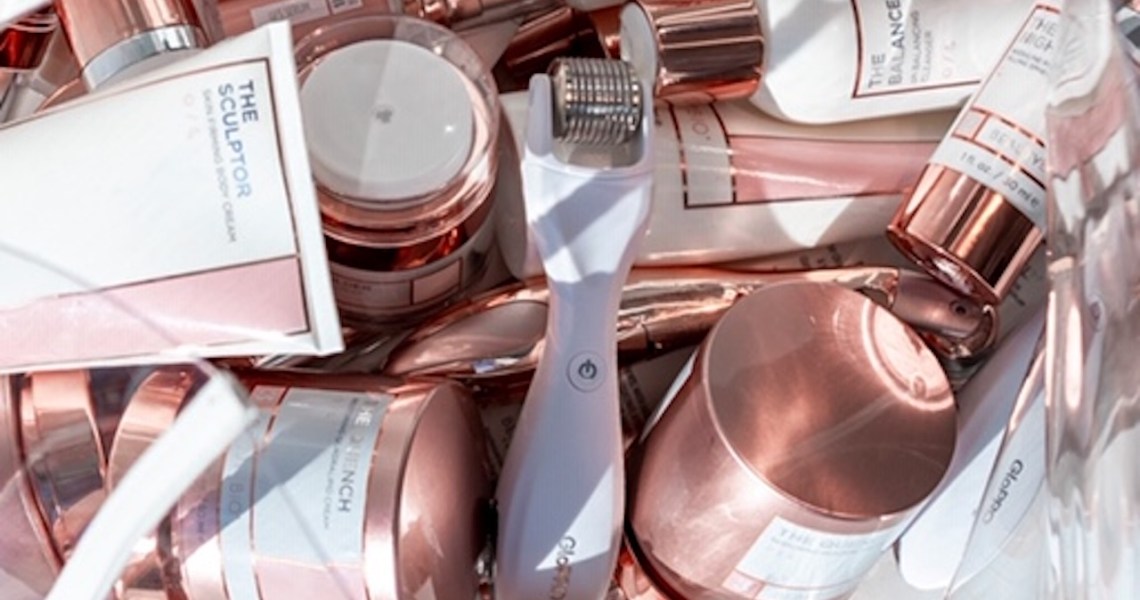As beauty devices continue to find their footing between technological advancements and actual customer adoption, BeautyBio is ramping up its efforts. BeautyBio is best known for its microneedling tools that launched in 2016, but it also sells topical skin care products, which founder and CEO Jamie O’Banion said is key to the company’s expansion.
The brand will launch in 50 Sephora stores in March, following triple-digit growth in existing brick-and-mortar partners including Nordstrom and Neiman Marcus in 2019. In the second quarter, BeautyBio will debut in Mecca and Sephora’s Southeast Asia stores, and by fall, the brand will be present in the remaining 400 Sephora stores in the U.S. O’Banion would not share 2019 sales, but industry sources said the company closed out the year with more than $110 million in retail sales.
O’Banion said customer education about how to use tools with product has been key, especially since beauty devices are not a monthly purchase, nor does she expect them to be. For instance, after launching with QVC a year ago, BeautyBio had its best sales day on-air in January, selling 40,000 units of its R45 topical skin-care system in one day. Meanwhile, during its 12 months with QVC, the brand has sold about 100,000 GloPro microneedling tools. Knowing topical products and repeat purchases of them will fuel the overall company, BeautyBio will also make skin care a focus at Sephora locations.
“It’s been a bit of enigma to me because when you think about how a consumer engages with products, it’s not like we have two separate bathrooms: one for our tools and one for skin care. We use them together, but the industry separates them,” said O’Banion, who noted that some retailers still have separate buyers for the obviously interconnected categories.
Currently, BeautyBio’s skin care accounts for 60% of its sales through retail partners, and on its e-commerce site, the balance is higher: 75% skin care, 25% tools.
At Sephora stores, BeautyBio will use a three-prong approach of product sampling, events and upping its in-store field team, from 25 licensed estheticians to 65. In terms of sampling, O’Banion expects to spend between $125,000 to $150,000 on deluxe skin-care samples for three of its products, which will go to members of the Sephora Beauty Insider program. It is launching six items in Sephora in total. The brand will also do 50 events across the 50 Sephora stores in March, 15 of which will be personal appearances by O’Banion in key markets. The rest will feature BeautyBio’s licensed estheticians who will lead consultations.
Laura Lock, vp of retail sales and education, underscored the brand’s investment in its field fleet, saying its esthetician team strategy has delivered 150% year-over-over total growth to the brand.
“They are our most successful event [strategy] and have strengthened our position in the skin care category as a key principle,” she said.
O’Banion has found this field strategy tool to be even more valuable than the paid influencer-focused model that many beauty brands prefer. In fact, BeautyBio does not pay influencers and has only gifted products to “skin-obsessed” ambassadors.
“Launching into retail is not for the faint of heart, so it’s about a structural, sound team to scale,” said O’Banion.




